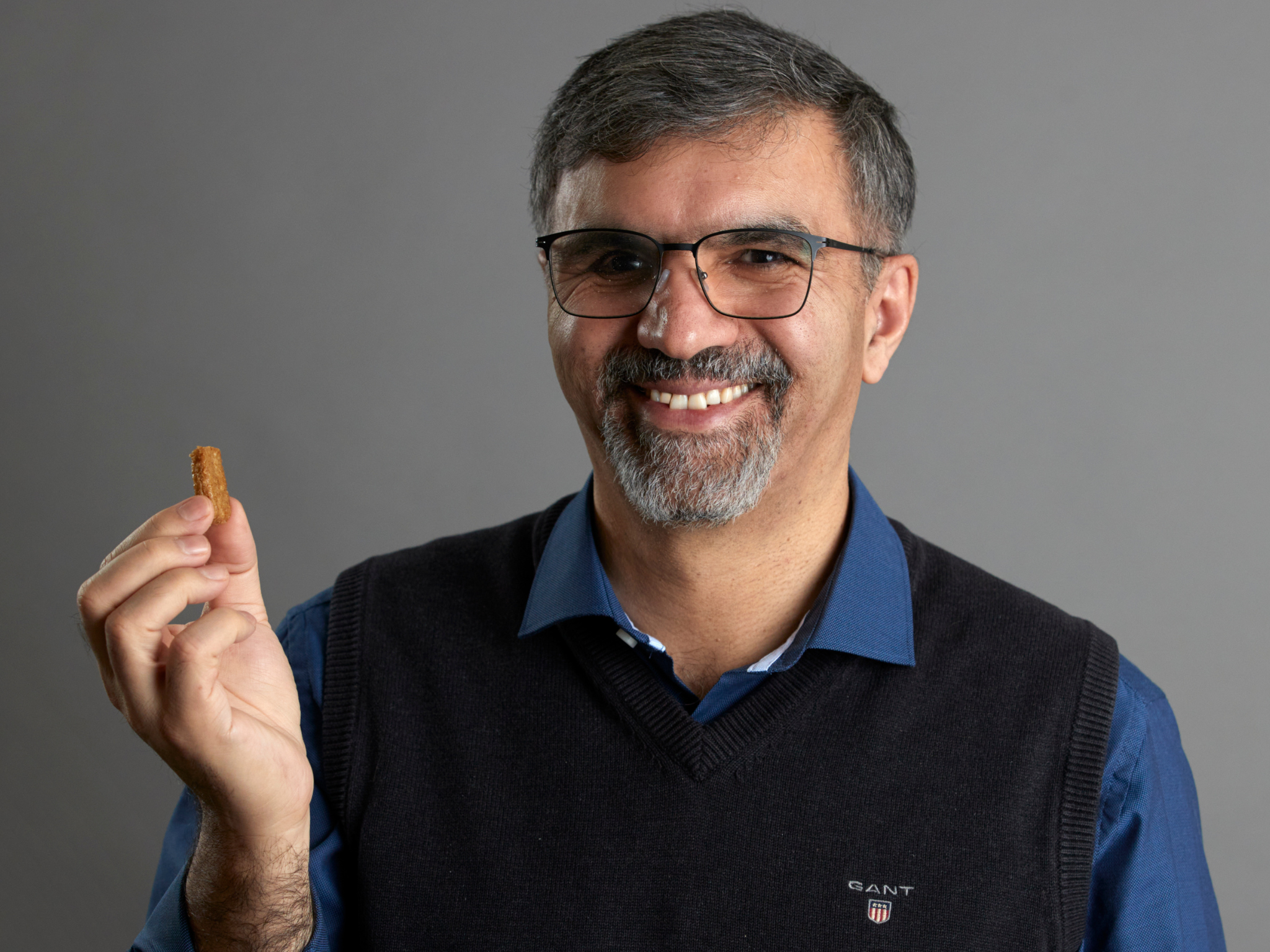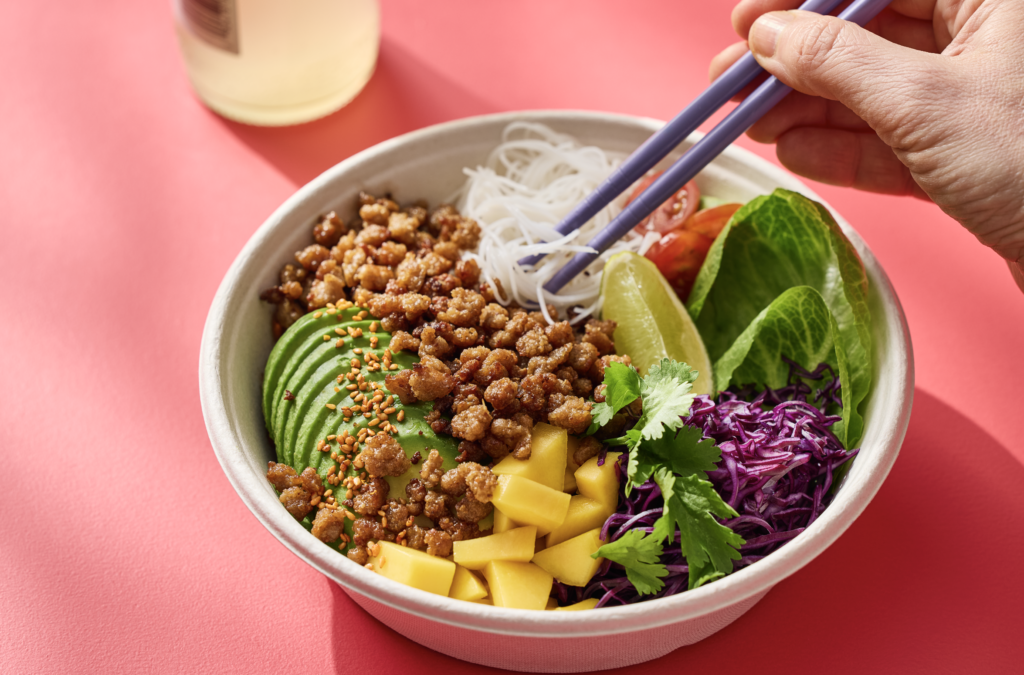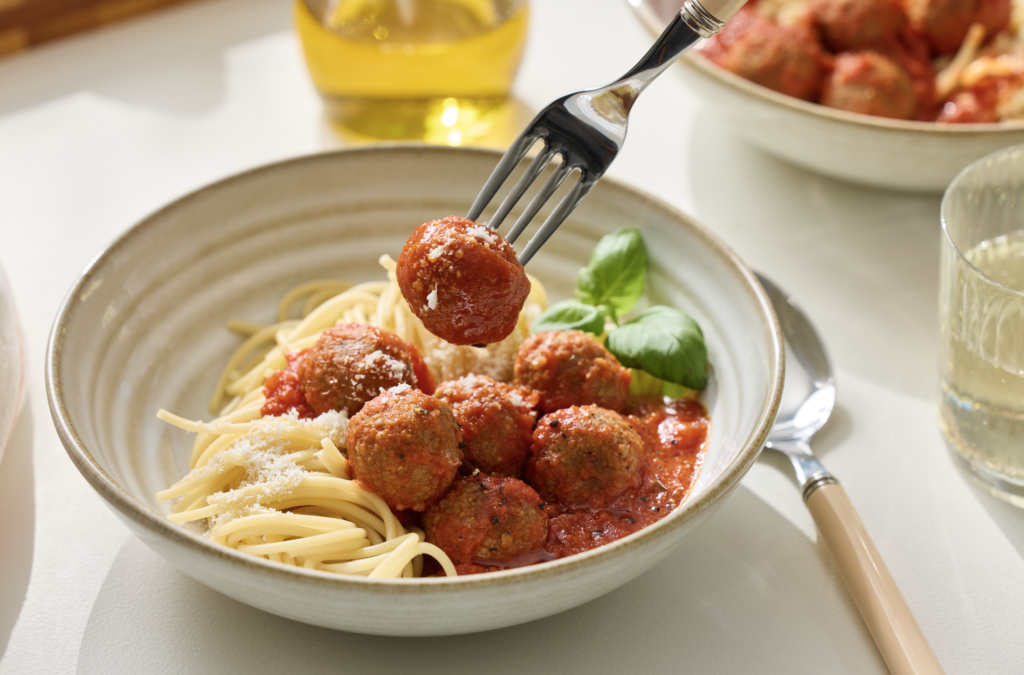Sustainable Protein Production Takes Shape in Former Lego Factory
Millow, a Swedish food technology startup, is transforming a former Lego production hall into a cutting-edge food factory to produce a revolutionary protein made from oats and mycelium. This innovative protein boasts 97% fewer emissions than beef and minimal processing, positioning it as a game-changer in the alternative protein market.

The 25,000 square meter facility, backed by a €2.5 million grant from the European Innovation Council (EIC), is set to produce up to 500kg of protein daily once fully operational later this year. By repurposing the existing Lego factory, Millow claims to have avoided approximately 1,400 tonnes of embedded CO2 emissions that would have been released during the construction of a new facility.
A Novel Approach to Protein Production
Millow’s protein is created using a patented dry-state fermentation process that combines Nordic oats and mycelium. This method requires only three to four liters of water per kilogram of protein, representing a 99% reduction in water usage compared to traditional plant proteins like soy. According to Staffan Hillberg, Millow’s chairman, this technology offers significant advantages over traditional liquid fermentation methods used by other mycelium companies, including 2.3% water usage, one-third of the energy, and one-third of the capital expenditure, while saving over 95% of CO2 equivalent emissions.

The production process involves an upstream stage where oats and mycelium spores are handled, followed by a unique solid-state fermentation process utilizing proprietary ‘S-units’ with AI-based software. The fermented product then undergoes a downstream process that may include simple steps like dicing or slicing, depending on the final product. This streamlined process takes less than 24 hours to complete and results in a high-quality protein with 27g of complete protein per 100g serving, along with fiber, vitamins, and minerals.
Addressing the Challenges in Alternative Protein
The alternative protein sector has faced significant headwinds, with sales flatlining and investment declining by 27% last year. However, Millow is confident in its ability to outperform both traditional plant proteins and mycelium competitors. The company’s protein offers a complete nutritional profile, including essential amino acids, minerals, fiber, and vitamins, while reducing anti-nutrients like phytic acids, which can increase the bioavailability of important vitamins.
Clean Label and Consumer Appeal
Millow is positioning its protein as an additive-free alternative to many ultra-processed meat analogues. With only two ingredients – oats and mycelium – and minimal processing steps, the company is emphasizing its clean label approach. To communicate this effectively, Millow has hired Rob Janoff, the designer of the iconic Apple logo, to develop its branding strategy around the ‘Made with Millow’ concept.

The company is pursuing co-branding opportunities with food manufacturers and retailers, aiming to launch multiple products in 2025, starting with foodservice in Sweden. With its innovative technology, sustainable production methods, and focus on nutritional quality, Millow is poised to make a significant impact in the alternative protein market.


